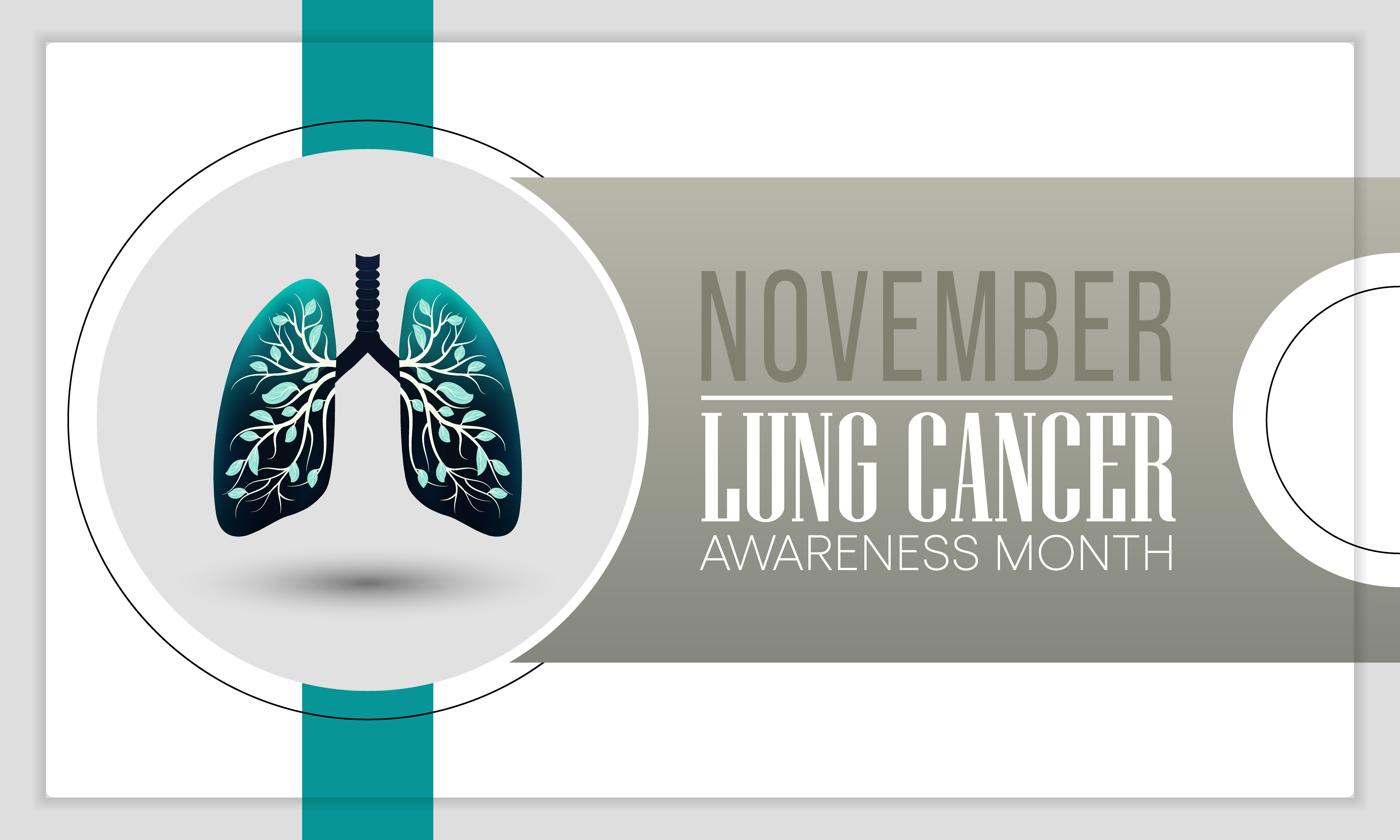
Lung cancer is the second most common cancer in both men and women in the United States and the leading cause of cancer-related deaths. Many people are unaware they have lung cancer until it has reached an advanced stage, making it more difficult to treat and reducing the survival rate.
However, studies have shown that a low-dose CT scan can reduce the risk of dying from lung cancer by up to 20% in high-risk individuals. That is a significant difference that could potentially add years to life.
What is a lung cancer screening CT?
The only recommended screening test for lung cancer is a low-dose CT (LDCT). During a lung cancer screening CT, a person lies on a table and an X-ray machine uses a low dose of radiation to make detailed images of their lungs. The scan only takes a few minutes and is not painful.
First, screening criteria must be met. A person is considered high-risk and meets screening criteria if they:
- are between 50 and 77 years old
- are either a current smoker or have quit within the last 15 years
- have a tobacco smoking history of at least 20 “pack years” (an average of one pack of cigarettes per day for 20 years = 20 pack years)
- don’t have any signs or symptoms of lung cancer
Ready to take the next step?
If a person feels they qualify for lung cancer screening, the next step is to schedule an appointment with their healthcare provider to discuss the benefits and risks and decide if an LDCT screening is right for them. An order from a healthcare provider is required.
If the person qualifies, talks with their provider, receives an order for the screening and no abnormalities are discovered, the person’s provider may recommend undergoing another scan in a year if the person continues to meet high-risk criteria.
LDCT screening is available year-round and most insurance plans and Medicare help pay for the screening.
